Addiction is a reality experienced by many throughout Canada and the rest of the world. It ruins lives, feeds crime, costs huge amounts of money in health care and can often kill. No one can deny this reality. Very few have not been touched by addiction; either on a personal level or through the suffering of intimate friends and family. Numerous organizations and addiction therapy centers exist to assist people with their addictions – from 12 steps like AA to high profile celebrity rehabilitation compounds to localized treatment centers such as Annapolis Valley’s Searidge Foundation in Nova Scotia. The medical community recognizes the serious health dangers involved with addiction and the government acknowledges the tremendous cost to health care. But the “classification” of addiction remains controversial and has ramifications that effect government spending, medical research and, most importantly, the addicts themselves.
Is addiction a disease? Or is it an “illness”, or an “affliction”, a “habit” a “behaviour”, a “vice” – all of the above perhaps? There are many theories. In 2004 the World Health Organization claimed that “dependence” was as much a “disorder of the brain” as any other psychiatric or neurological illness. But many in the medical field reject the “disease model” claiming that research does not support such a classification. What we have here are “experts” within the same fields disagreeing on this particular issue. Is there any wonder that confusion reigns? But this confusion is extremely problematic. Without a consensus, those who suffer from drug or an alcohol addiction or other addictive behaviours and those who are affected by those suffering do not have a clear path or direction to follow. The recovery apparatuses are in place (SMART Recovery, Searidge Foundation etc.), but those seeking help are not sure which ones to pursue. Those suffering from acknowledged diseases are given firm medical advice, often placed on medication and are exposed to a tremendous amount of information stemming from extensive research coming from government sponsored medical institutions. Very few patients suffering from diabetes question the firm direction proposed by their physician. No one is going to suggest that they stop taking their insulin or that they just need to “use their willpower” in order to get better. But there is a large segment of the general population AND the medical profession that believes that addiction is a “life-style choice” and they will often point to statistics that speak to the number of addicts who have “kicked” their “habits” on their own. They will point out that no one “kicks” the habit of diabetes – they “recover” through a regimental treatment program that involves proper medication. But, the medical community does much research on preventive methods regarding these same “recognized” diseases. They do so because of the “recognition” factor. Once an ailment is determined to be a “disease”, much more money is allocated for research into addiction treatment and prevention. The results lead to greater recovery rates and a lower number of people contracting these diseases. Proponents of the addiction disease concept (DC) want the same “results” for those suffering from addiction. But they continually run up against the “wall” of conservative medical thinkers who advocate the “moral disorder” view by which addiction is dismissed as a disease and “accepted” as a “weakness” and “moral” flaw of character.
This is where governments need to get involved. If there is a debate among equally qualified experts in a particular field, and no consensus can be reached, wouldn’t it be prudent to err on the side of caution? If there is even a possibility that addiction is a disease and that concrete measures could be taken that would provide wide treatment and precise preventive measures, given the destructive elements of that disease, shouldn’t these measures be implemented? Often those in opposition will point out that the money that would be necessary for such measures would deplete the money available for those established diseases. But statistics indicate that the amount of money being spent on health care in relation to the consequences of addiction is enormous. Preventive measures would considerably reduce those governmental expenses. The “money” issue seems to be fairly weak given the growing evidence of the financial drain that addiction has on society as a whole. Worker absenteeism due to addiction related health issues affect both large and small business as well as the health care system and insurance companies. The economic drain continues to grow and would be greatly reduced with a healthier population. It is undeniable that a big part of that “unhealthy” population relates to addiction, whether it is a disease or not. Government regulation regarding the expenditure of medical related funds should be reviewed in light of the addiction disease concept (DC) controversy and a reassessment would not only be good governmental policy and good business sense – it would also save lives and give direction and hope to the millions who suffer from and are affected by the horrors of addiction.

